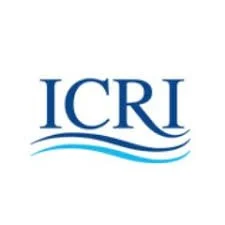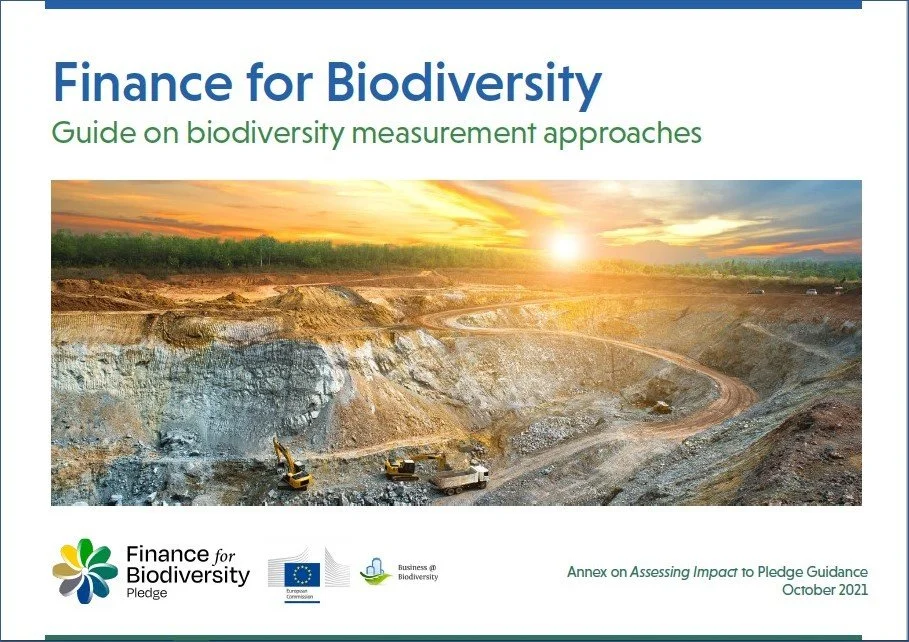What We’re Reading
A collection of research papers, books, and more on Conservation Finance
In a recent gathering of CFA Members it was suggested that we have a space to compile a list of books or research papers on conservation or conservation finance that are highly recommended by other members. Such a list has been compiled below with information about the books as well as why our members have enjoyed them. We hope that our members are inspired to read, learn, and share together through books on conservation. If you have a book you would like to recommend, please send the title as well as a description up to 150 words on why you suggested it.
Papers: view all
ICRI has published a new report on the current state of coral restoration funding.
A desktop analysis identified 61 potential funders and an online survey gathered perspectives and funding information from 137 coral reef restoration managers and practitioners. Altogether, US$258 million has been invested in coral reef restoration efforts across 56 countries in the last decade, which is encouraging but still a small fraction of the US 1.9 billion reported for coral reef and associated ecosystems between 2010 and 2016 (UNEP et al. 2018).
The Guide on biodiversity measurement approaches for financial institutions was launched during a webinar in April 2021. It is made by the Finance and Biodiversity Community (F@B Community) and workstream Methods, both part of the EU Business@Biodiversity Platform, and the Finance for Biodiversity Foundation. The Guide is updated quarterly.
Innovative financing models are emerging globally to advance nature-based solutions (NBS) that can cost-effectively enhance infrastructure performance, meet Sustainable Development Goals, and mitigate the negative impacts of climate change. Despite the potential for NBS to generate attractive returns and provide significant cost-savings, these financing models remain underutilized. Consequently, NBS are not achieving their full potential and a tranche of pent up green capital is sidelined. This report highlights five proven NBS financing strategies that leverage private finance: green bonds, blended market-rate and concessional loans, land-based financing strategies, insurance policies, and endowments. This report also outlines current barriers to the successful scaling of these financing strategies in Latin America and the Caribbean and identifies the approaches and enabling conditions needed to overcome them.
Investors in 66% of listed companies are collectively at risk of losing US$8.4 trillion due to declining ocean health and climate change if business as usual continues. Even keeping global temperature rise to 2°C will result in losses of US$3.3 trillion, which highlights the importance of keeping global temperature rise to the Paris Agreement target of below 1.5oC.
Books
Author: Judith D. SchwartzRecommended by: Lorenzo Rosenzweig"In Cows Save the Planet, journalist Judith D. Schwartz looks at soil as a crucible for our many overlapping environmental, economic, and social crises. Schwartz reveals that for many of these problems―climate change, desertification, biodiversity loss, droughts, floods, wildfires, rural poverty, malnutrition, and obesity―there are positive, alternative scenarios to the degradation and devastation we face. In each case, our ability to turn these crises into opportunities depends on how we treat the soil."Author: William MacaskillRecommended by: Lorenzo Rosenzweig"Most of us want to make a difference. We donate our time and money to charities and causes we deem worthy, choose careers we consider meaningful, and patronize businesses and buy products we believe make the world a better place. Unfortunately, we often base these decisions on assumptions and emotions rather than facts. As a result, even our best intentions often lead to ineffective—and sometimes downright harmful—outcomes. How can we do better?While a researcher at Oxford, trying to figure out which career would allow him to have the greatest impact, William MacAskill confronted this problem head on. He discovered that much of the potential for change was being squandered by lack of information, bad data, and our own prejudice. As an antidote, he and his colleagues developed effective altruism, a practical, data-driven approach that allows each of us to make a tremendous difference regardless of our resources. Effective altruists believe that it’s not enough to simply do good; we must do good better."Author: Carol SanfordRecommended by (CFA Member): Lorenzo Rosenzweig"Courageous leaders today are calling for a disruptive yet effective way of working: one that unlocks significant new levels of innovation, delivers enduring financial results, and creates exceptional customer loyalty while simultaneously building human capacity to contribute to on-going positive change. The good news is there is a proven, but infrequently taken, path.Through a fundamentally contrasting paradigm, Carol Sanford shows leaders why today's so-called business "best practices" undermine success-and then, how to transform their business into something so flexible, so innovative, so developmental, it becomes virtually non-displaceable in the market.The Regenerative Business is built by connecting every person in the business to the "essential core" of that business - its unique foundation for innovation and market power. This provides the fulcrum for an organizational culture that embraces the internal destabilization and discomfort that comes with responding creatively to the unfamiliar. The payoff for doing so is a motivated and innovative workforce that is prepared to take a business to the top of its industry - and stay there."








